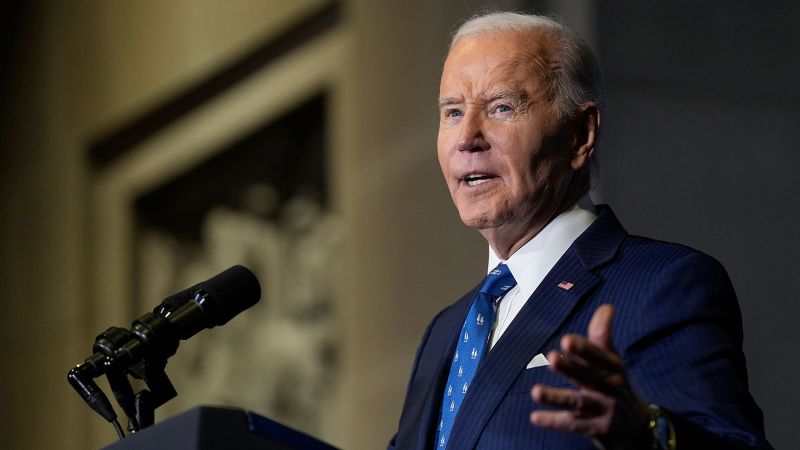New York
The Consumer Financial Protection Bureau has finalized a rule that curbs excessive overdraft fees charged to customers of large banks and credit unions, potentially saving consumers as much as $5 billion a year.
The rule, unveiled Thursday, would cap overdraft fees at $5 a substantial savings from the $35 that customers are typically charged. In total, households could save about $225 per year. Additional options for banks would allow them to either cap fees at amounts that just cover their costs or to treat an overdraft like any other loan by disclosing terms like interest rates.
“For far too long, the largest banks have exploited a legal loophole that has drained billions of dollars from Americans’ deposit accounts,” Rohit Chopra, the bureau’s director, said in a press release. “The CFPB is cracking down on these excessive junk fees and requiring big banks to come clean about the interest rate they’re charging on overdraft loans.”
“Excessive overdraft fees have saddled hardworking Americans with charges that really add up, preventing them from getting ahead,” said Lael Brainard, head of the National Economic Council, in a statement. “That is real relief for families.”
Banking trade groups are against the new rule, saying that the agency’s proposed rule could backfire. They have also cited development of next-day grace periods and the elimination of non-sufficient funds fees as just two ways banks have innovated and competed to serve consumers best in recent years.
Consumer Bankers Association said in an open letter before Thursday’s announcement that the CFPB’s overdraft rulemaking is “an unlawful attempt at government price setting and will cause consumers to lose the freedom to choose a popular and helpful form of emergency liquidity.”
The proposal was first announced in January as part of President Joe Biden’s crackdown on junk fees and attempt to bring about more transparency on charges including on airline tickets, live events, car rentals, hotels, banking services, retirement advice and credit cards.
An overdraft fee is charged when the bank or credit union covers a deposit account holder’s transaction a payment, withdrawal, debit or transfer when there is not enough money in that account.
Congress created the bureau in 2010 to protect consumers from financial scams. its future was hazy until the Supreme Court recently ruled that it could continue to operate, but while the new rule is set to take effect on October 1, 2025, there’s no guarantee it will the incoming Trump administration could overturn or alter it.
